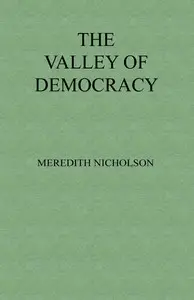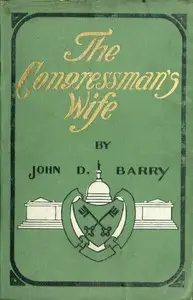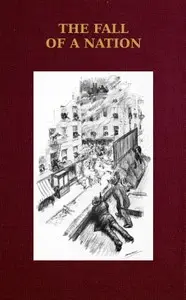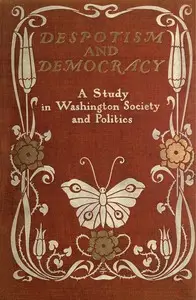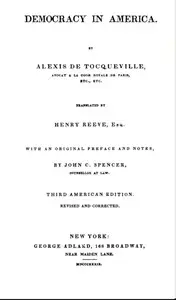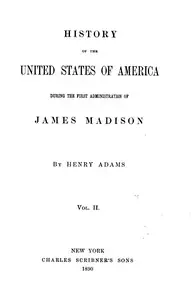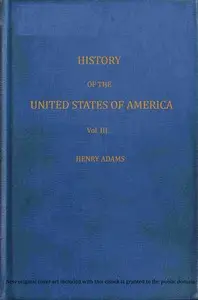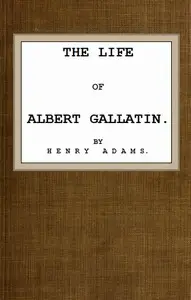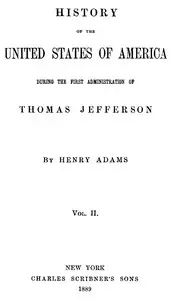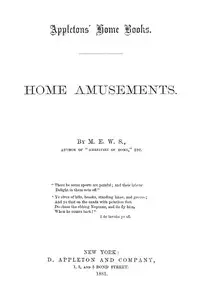"Democracy, an American Novel" by Henry Adams is a fictional tale situated in late 19th-century America, following the journey of Mrs. Lightfoot Lee, a rich widow searching for purpose beyond New York's high society. Discontented with her life after her husband's passing, she relocates to Washington, D.C., seeking to understand the meaning of democracy by immersing herself in the world of politics. The story begins with Mrs. Lee's frustration and her attempts to find purpose in philosophy and charity, ultimately leading her to Washington, where she hopes to find significance in the machinery of political power, as her interactions with characters like the lawyer John Carrington and Senator Silas P. Ratcliffe hint at a narrative focused on ambition and the quest for meaning within the heart of democracy.

Democracy, an American novel
By Henry Adams
A disillusioned widow dives into the murky waters of Washington politics, hoping that in understanding the power of democracy, she will rediscover her own purpose.
Summary
About the AuthorHenry Brooks Adams was an American historian and a member of the Adams political family, descended from two U.S. presidents. As a young Harvard graduate, he served as secretary to his father, Charles Francis Adams, Abraham Lincoln's ambassador to the United Kingdom. The posting influenced the younger man through the experience of wartime diplomacy, and absorption in English culture, especially the works of John Stuart Mill. After the American Civil War, he became a political journalist who entertained America's foremost intellectuals at his homes in Washington and Boston.
Henry Brooks Adams was an American historian and a member of the Adams political family, descended from two U.S. presidents. As a young Harvard graduate, he served as secretary to his father, Charles Francis Adams, Abraham Lincoln's ambassador to the United Kingdom. The posting influenced the younger man through the experience of wartime diplomacy, and absorption in English culture, especially the works of John Stuart Mill. After the American Civil War, he became a political journalist who entertained America's foremost intellectuals at his homes in Washington and Boston.

